10 Things Women Should Know About Menopause
Nov 07, 2018
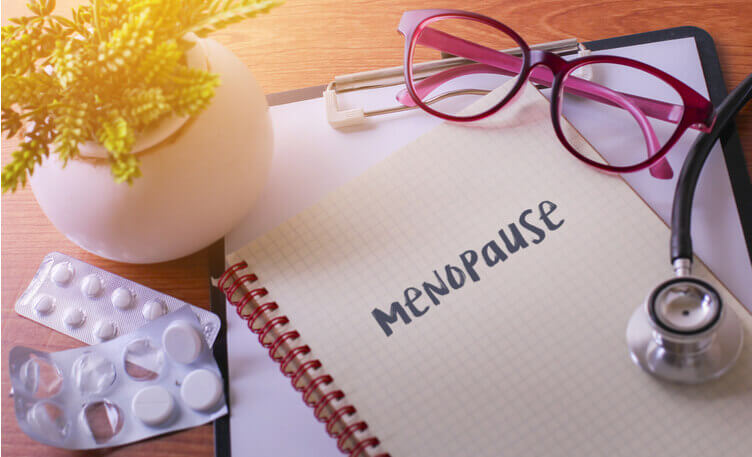
Menopause is a permanent end of menstruation and typically occurs in women who are in their late 40’s or early 50’s.
Menopause results in a decreased production of estrogen and progesterone hormones in the ovaries, giving rise to symptoms that include hot flashes, weight gain, or vaginal dryness. It is important to know that menopause is not a disease but rather a phase in a woman’s life cycle.
-
At What Age Does Menopause Occur?
The average age for the onset of menopause is 46. A majority of women stop getting their period between the ages of 45 to 55. However, the ovary function can begin to decline years before the actual onset. Some women will even continue to have their periods into their late 50’s. Although the age for menopause is thought to be genetically determined, things such as smoking and intensive treatments like chemotherapy can also accelerate ovarian decline, resulting in earlier menopause.
-
What’s the Difference Between Perimenopause and Menopause?
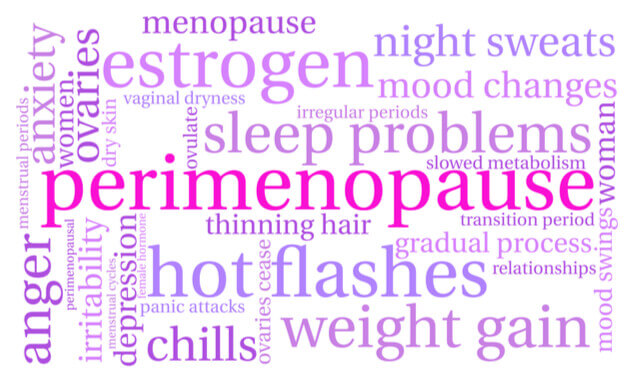
Perimenopause is the period of time right before menopause begins. It is a transition period during which hormone production from the ovaries begins to decline. Hot flashes and irregular periods are the most common giveaways of perimenopause. Once you stop having a menstrual cycle for 12 consecutive months, you’ve entered menopause.
-
What Are the Symptoms Caused by Reduced Estrogen Levels?
Hot flashes are the most common symptom and are experienced by about 75% of women during menopause. Other symptoms include fatigue, trouble concentrating, depression or painful sex due to lack of vaginal lubrication and breast tenderness. Some women may also experience muscle and joint pain (arthralgia) or mood swings.
-
What Does a Hot Flash Feel Like?

During a hot flash, you will feel a considerable rise in body temperature. Hot flashes affect the upper body and skin, resulting in redness or blotchiness. This sudden rise in temperature can lead to excessive sweating, heart palpitations, and feelings of dizziness. Right after your hot flash, you may also get chills. Hot flashes vary in intensity and typically last between 30 seconds and 10 minutes.
The occurrence of hot flashes varies from person to person, for some it may occur daily or several times a day, while for others hot flashes may occur over the course of a year or several years.
-
Can Hot Flashes Be Prevented?
Hot flashes can’t be prevented, but the frequency of hot flashes can be reduced by avoiding triggers. Alcohol, nicotine, caffeine, stress, obesity, spicy food and hot weather are some of the triggers that increase the incidence of hot flashes.
Talk to your doctor if your hot flashes are unbearable. Birth control, hormone therapy, and other prescription medicines may help reduce the occurrences and intensity of hot flashes. Practise deep breathing techniques during a hot flash to minimise its intensity.
-
How Does Menopause Affect Bone Health?
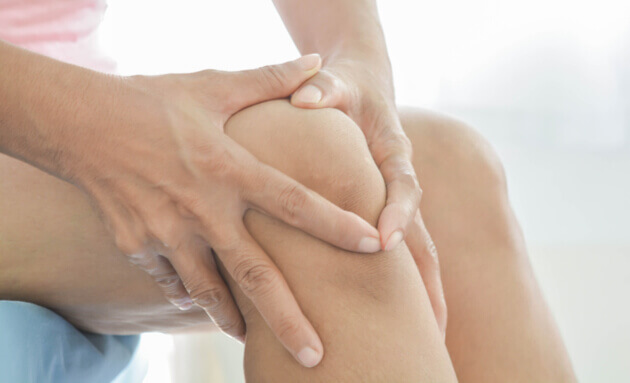
The decline in estrogen production breaks down the calcium in the bones. This decreases bone density, leading to a condition known as osteoporosis. Women experience accelerated bone loss in the first few years after their last menstrual period. This makes them more susceptible to hip, spine, and other bone fractures.
In order to maintain bone health, you must eat calcium-rich foods (dairy and leafy greens) and take vitamin D supplements. Smoking and alcohol consumption further deteriorate bone health and should be avoided. Regular inclusion of weight training and other exercises can also help improve bone health.
-
Is Heart Disease Linked to Menopause?
The decreased estrogen levels can prevent the body from retaining flexible arteries, impacting the function of the heart. This can give rise to symptoms such as cardiac palpitations and dizziness. Maintaining a healthy weight, following a balanced diet, and exercising can reduce the chances of developing heart conditions associated with menopause.
-
Is Weight Gain Eminent With Menopause?
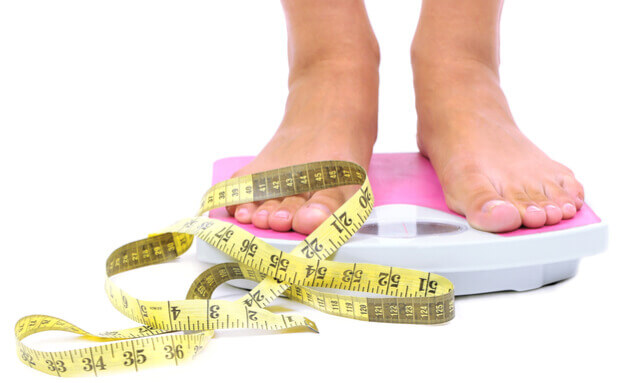
Changes in the hormone levels, coupled with ageing can contribute to weight gain. A focus on maintaining a balanced diet, getting regular exercise and practising healthy habits can help with weight management. Being overweight can also increase the risk of heart disease, diabetes, and other conditions.
-
Do Menopause Symptoms Differ from Person to Person?
Yes, the symptoms of menopause vary from one woman to another, even if they belong to the same family. This is because age and the rate of decline of the ovary function differ tremendously across all women.
Menopause isn't a one-size-fits-all event. Some women reach natural menopause with little to no trouble. Consult a doctor to understand your symptoms and find ways to manage them if you feel they are interfering with your day-to-day functioning.
-
Is Hormone Replacement a Safe Option for Management of Menopausal Problems?
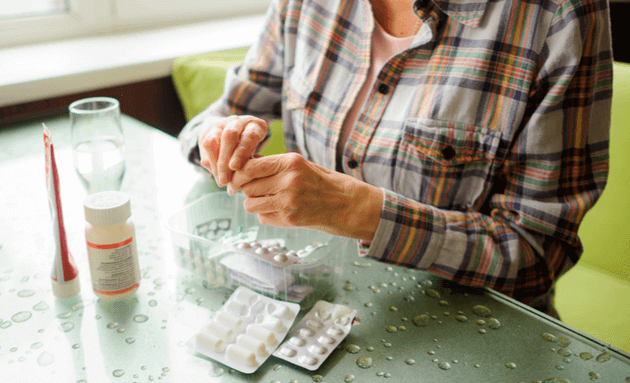
Several hormone therapies are used for the treatment of hot flashes and prevention of bone loss. But they may not be right for everyone. If you have certain medical conditions, hormonal therapy may not be suitable for you. Changes to your lifestyle may help relieve many of the symptoms without the need for hormonal intervention.
Finally, It is important to remember that Menopause is a natural part of a woman’s life cycle. Stay in touch and get regular checkups with your doctor to cope with any menopause-related health problems effectively.






